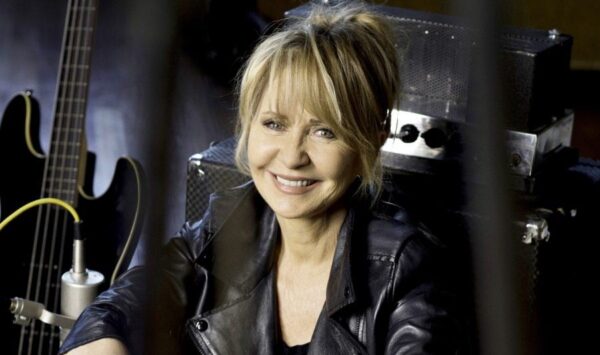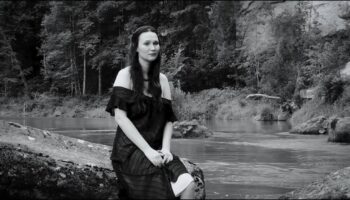Scottish artist Lulu, who was one of Eurovision 1969’s four winners, will play the lead role of Dorothy Brock in the musical 42nd Street.
42nd Street tells the story of director Julian Marsh’s attempts to launch a grand stage show during the 1930’s Great Depression in the United States, and is based on a novel by Bradford Ropes and a subsequent 1933 cinematic adaption.
Singer Lulu is all set to play Dorothy Brock, a Broadway actress who is injured while working on a new grand stage show.
Lulu will take over the lead role of character Dorothy Brock from artist Sheena Easton, and she is set to play the role for 16 weeks at the Theatre Royal Drury Lane, starting on the 19th of March 2018.
The Scottish singer is no stranger to the musical stage, having starred in productions such as Andrew Lloyd Webber’s Song And Dance, and Guys And Dolls. Yet, 42nd Street will see Lulu returning to the famed West End “Theatreland” in London for the first time in thirty years.
The new West End adaption of 42nd Street is directed by Mark Bramble, with choreography by Randy Skinner, scenic design by Douglas W. Schmidt and costume design by Roger Kirk. Alongside Lulu, Ashley Day, Clare Halse and Tom Lister will appear in the production, among others.
42nd Street will feature at the Theatre Royal Drury Lane until 29th November 2018.
For information and tickets please visit this link.
About Lulu
Lulu Kennedy-Cairns (born Marie McDonald McLaughlin Lawrie, Lennoxtown, Scotland, 1948) is a Scottish singer-songwriter, actress, businesswoman and television personality.
Starting her career in 1964 with the hit song Shout, Lulu became one of the most popular artists of the United Kingdom, scoring many hits, and known for singing the title song for the James Bond-movie The Man With The Golden Gun.
In 1969, Lulu represented the United Kingdom at the Eurovision Song Contest in Madrid, Spain. In the end, Lulu and her entry Boom bang-a-bang were one out of four winners, alongside France, the Netherlands and Spain, because at the time there were no clear rules for dealing with a tie-break. All four countries won with 18 points. The rules were adapted afterward, to avoid such a situation.
Boom bang-a-bang became a massive hit and a Eurovision evergreen.




